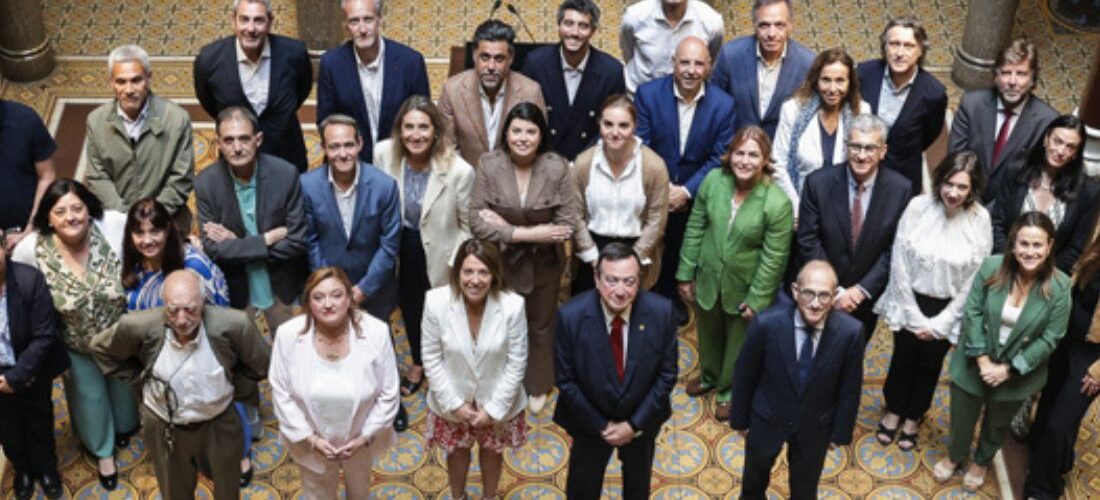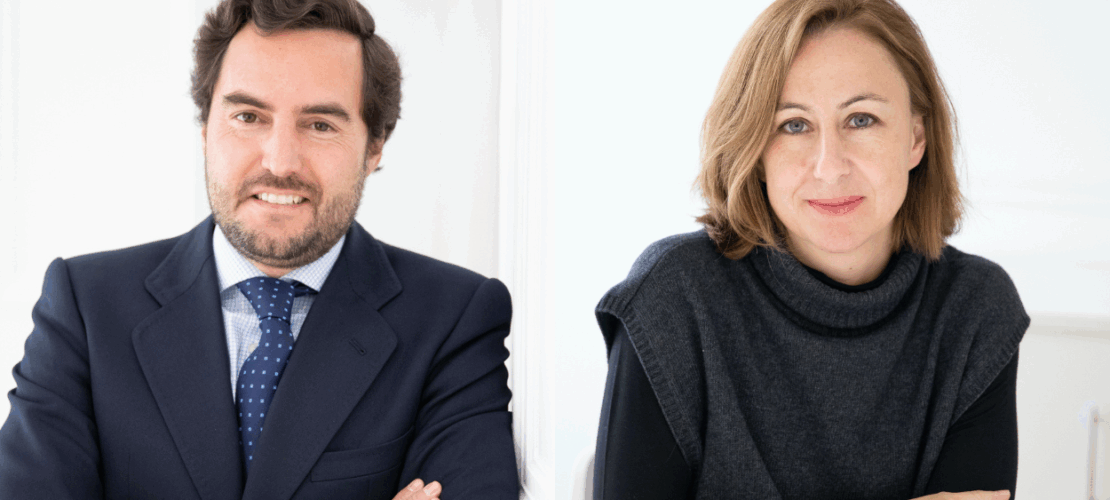Investing in the face of geopolitical uncertainty: funds are becoming more selective and strategic
Increasing geopolitical instability, global fragmentation and technological acceleration are reshaping investment criteria and forcing funds and equity firms to adopt more prudent, specialized and adaptive strategies. This was one of the main conclusions of the event “Geopolitical challenges in today’s world: a strategic investment perspective”, organized by Fieldfisher and moderated by Paloma Mato, Corporate & M&A partner at Fieldfisher, in which experts such as Mayte Carrasco (speaker, geopolitical analyst and expert in conflict zones), Rodrigo Martos (Fieldfisher), Gonzalo de Rivera (Alantra), Carlos Artal (JZ International) and Yaukuma Armbruster (Quantum Capital Partners) participated.
Global fragmentation, protectionism and the crisis of values
Mayte Carrasco, geopolitical analyst and expert in conflict zones, warned of a world that is leaving globalization behind to enter a stage of fragmentation and protectionism. “Democracy faces a great challenge. The battle is no longer between ideologies, but between value systems,” she said. He also warned about the lack of clear regulatory frameworks for phenomena such as artificial intelligence or the conquest of space, which, in his opinion, increases global risks.
Carrasco spoke of a “triple planetary crisis” – political, environmental and technological – and of the impact that manipulation of information and control of the vote could have on Western democracies.
Corporate investment navigates between uncertainty and opportunity
From the legal field, Rodrigo Martos (managing partner of Fieldfisher) pointed out that economic cycles are becoming shorter and shorter, which makes it difficult to foresee medium and long-term trends. In this context, he explained, strategic decision-making must take into account changing scenarios and a changing European society.
Paloma Mato, also a partner at Fieldfisher and moderator of the event, explained how this context impacts investment decisions: houses analyze more cautiously, prioritizing flexible strategies and realistic valuations.
More demanding criteria and the search for certainty
Carlos Artal, partner at JZ International, acknowledged that the volume of transactions in Spain has fallen, partly due to the increased perception of risk and volatility. The firm, however, maintains a long-term strategy and prioritizes deals with solid fundamentals, although they recognize that “uncertainty and volatility make it difficult to foresee how a portfolio will be valued”.
Artal highlighted a growing focus on factors such as cybersecurity, supply chains and operational resilience. Although they value geographic diversification, he qualified that it is not always a guarantee against risks such as tariffs.
Focus on specialization and team strength
Gonzalo de Rivera, CEO of Alantra Private Equity, stressed that its strategy is to be more selective. “We analyze fewer companies and look for certainties in adverse scenarios,” he said. Alantra has reinforced its teams with professionals with operational management skills, seeking to actively accompany its investees.
In terms of sectors, De Rivera was cautious with highly regulated sectors and is committed to B2B businesses that are scalable and have the capacity to generate sustainable value. Among the sectors of greatest interest to the firm are food, health and business technology.
Avoiding uncertain sectors and withstanding energy volatility
Yaukuma Armbruster, partner at Quantum Capital Partners, pointed out that geopolitics is not just a matter of great powers: “In Europe we have also seen decisions with immediate impact, such as the dissolution of the largest Swiss bank by the regulator in one night,” he said.
Quantum avoids sectors such as technology because of their high uncertainty and has focused on more stable sectors such as energy, logistics, healthcare and tourism. Even so, he admitted that his industrial investees suffer the impact of energy volatility: “You can adapt, but if the volatility is permanent, you end up losing”. That is why the firm has opted to enter the services sector, seeking greater stability.












